Headache relief support
Caffeine acts as an analgesic (pain reliever). Even a small dose of caffeine can relieve mild headaches. Many over-the-counter pain relievers contain low doses of caffeine because the combination of it with the pain reliever makes the medication more effective. For people who suffer from migraines or tension headaches, the appropriate dose of caffeine in common pain relievers can significantly improve the effectiveness of treatment.

The effects of caffeine vary from person to person.
Photo: AI
Causes of headaches
However, caffeine is one of the most common migraine triggers. Several studies have shown a link between daily caffeine consumption and chronic headaches, which are headaches that occur 15 or more days a month for more than 3 months.
Regular caffeine consumption can lead to dependence, which can also cause headaches if you don't get enough caffeine. For example, if you skip a day of caffeine or delay it, you may experience caffeine withdrawal, the most common symptom of which is headaches.
Caffeine can also cause headaches indirectly because of its effects on other aspects of your health. Being a stimulant and a wakefulness-enhancing agent, it can disrupt sleep patterns. Furthermore, because caffeine is a diuretic, it can also lead to dehydration. Both of these can indirectly trigger migraines.
The effects of caffeine vary from person to person.
According to experts, whether caffeine relieves headaches or causes headaches depends on each person's body. However, people with episodic migraines or infrequent headaches can consume less than 200 milligrams of caffeine per day.
If you suspect that caffeine is causing your headaches, you should try cutting it out to see if that helps. Experts recommend reducing your caffeine intake by about 25% per week to avoid withdrawal symptoms. Also, talk to your doctor to determine what dosage is safe for you without causing headaches.
Source: https://thanhnien.vn/caffeine-va-dau-dau-con-dao-2-luoi-185250927123839845.htm



![[Photo] The 1st Congress of Phu Tho Provincial Party Committee, term 2025-2030](https://vphoto.vietnam.vn/thumb/1200x675/vietnam/resource/IMAGE/2025/9/30/1507da06216649bba8a1ce6251816820)
![[Photo] President Luong Cuong receives President of the Cuban National Assembly Esteban Lazo Hernandez](https://vphoto.vietnam.vn/thumb/1200x675/vietnam/resource/IMAGE/2025/9/30/4d38932911c24f6ea1936252bd5427fa)
![[Photo] Panorama of the cable-stayed bridge, the final bottleneck of the Ben Luc-Long Thanh expressway](https://vphoto.vietnam.vn/thumb/1200x675/vietnam/resource/IMAGE/2025/9/30/391fdf21025541d6b2f092e49a17243f)
![[Photo] General Secretary To Lam, Secretary of the Central Military Commission attends the 12th Party Congress of the Army](https://vphoto.vietnam.vn/thumb/1200x675/vietnam/resource/IMAGE/2025/9/30/9b63aaa37ddb472ead84e3870a8ae825)
![[Photo] Solemn opening of the 12th Military Party Congress for the 2025-2030 term](https://vphoto.vietnam.vn/thumb/1200x675/vietnam/resource/IMAGE/2025/9/30/2cd383b3130d41a1a4b5ace0d5eb989d)

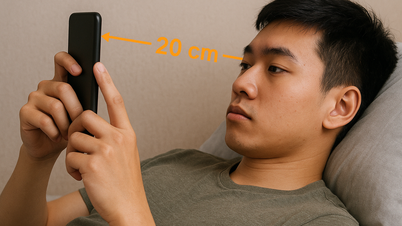
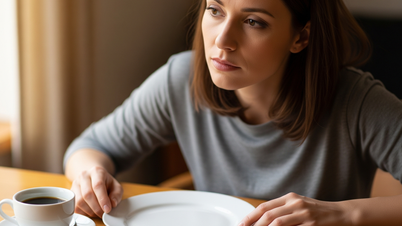


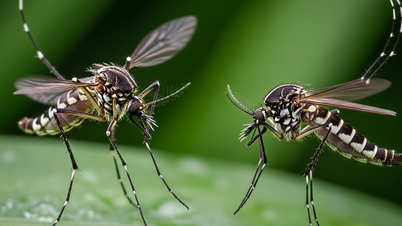


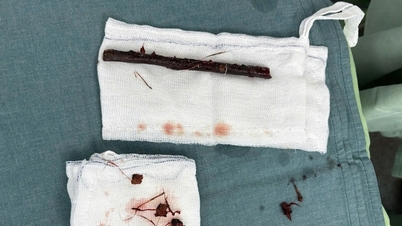



































































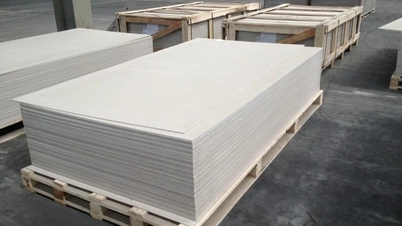

















Comment (0)